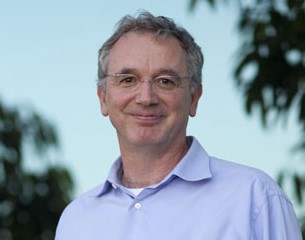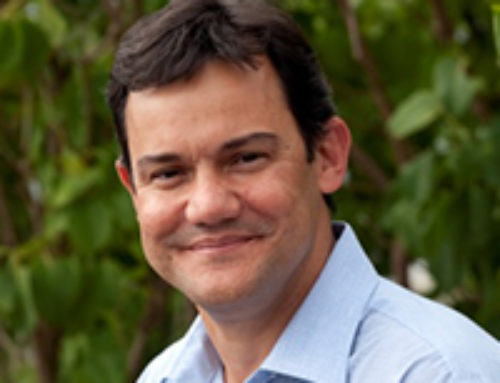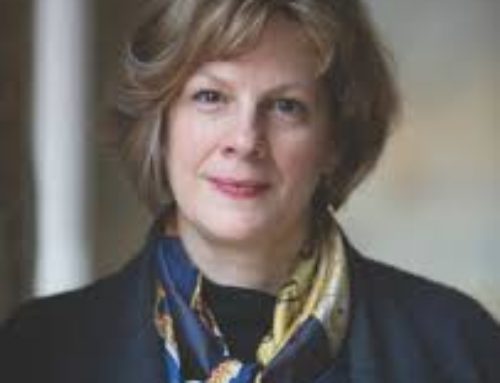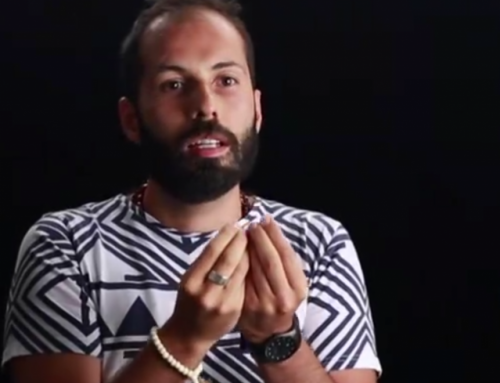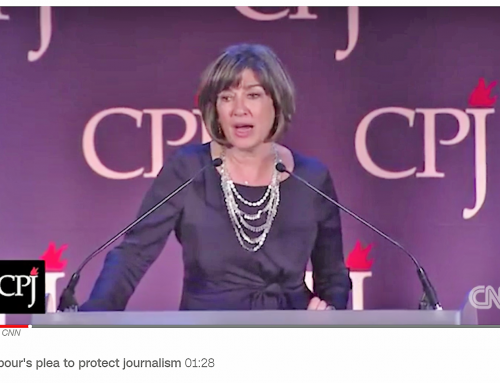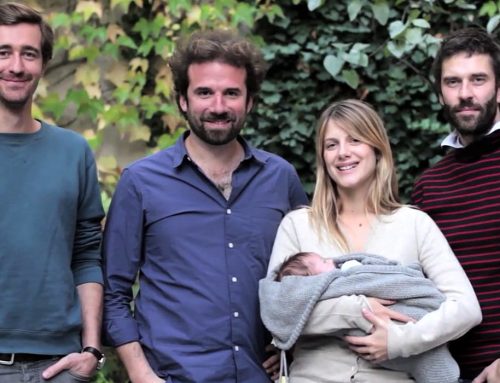I met Roberto Waack for the first time in 2000, preparing to visit “sustainable projects” in Holland with a Brazilian delegation. At that time, he was an executive in love with trees, moving to the forestry sector. I was at Ethos Institute.
Today Roberto is an internationally recognized leader in the sustainability and forestry fields. As the Forest Stewardship Council (FSC) board chairman for many years, he worked with a team that profoundly transformed the organization. Among many other tasks, such as being the chairman of the sustainable forestry company he founded (AMATA), the chairman of the WWF board in Brazil and member at the GRI Board of Directors, this strong believer of the power of multi-stakeholder dialogues founded the Coalizão Brasil in 2015, with many other Brazilian leaders.
Coalizão Brasil shines like a mirage on the Brazilian horizon. In the middle of the most profound institutional crisis Brazil has faced since the end of the dictatorship in 1984 and the re-creation of democratic regime, a group of very antagonistic organizations got together to define the sustainable vision for the Brazilian climate, forests and agriculture. And they did it in less than six months!
We are talking here about SOS Mata Atlântica, WWF, Monsanto, Natura, Cargill, Unilever…, not an easy task, particularly if one considers the lack of collaboration and heavy conflicts that have marked the last few years. The document was presented to over 100 organizations in June 2015. It became the basis for the Brazilian government proposal to the COP and aims to strongly influence global discussions on carbon emissions goals, as well as the Brazilian targets, of course.
When I asked Roberto what has he learned from this amazing and important process, he said: “The most important lesson we all took from this initiative is that when there are real challenges and space for the differences to appear and be expressed, without many rules and structure around, the common points also became clearer and collaboration is possible.”
The Coalizão Brazil doesn’t have an executive direction or people who can talk on their behalf. All members can do so. They are also “experimenting a new governance model”, as I have been told.
Maybe we are living in an era when only an artist, who decided to study biology to understand animal instincts, and who then became a biotechnologist, an environmental activist and a business executive, can help us all navigate through the complexity of our times.

